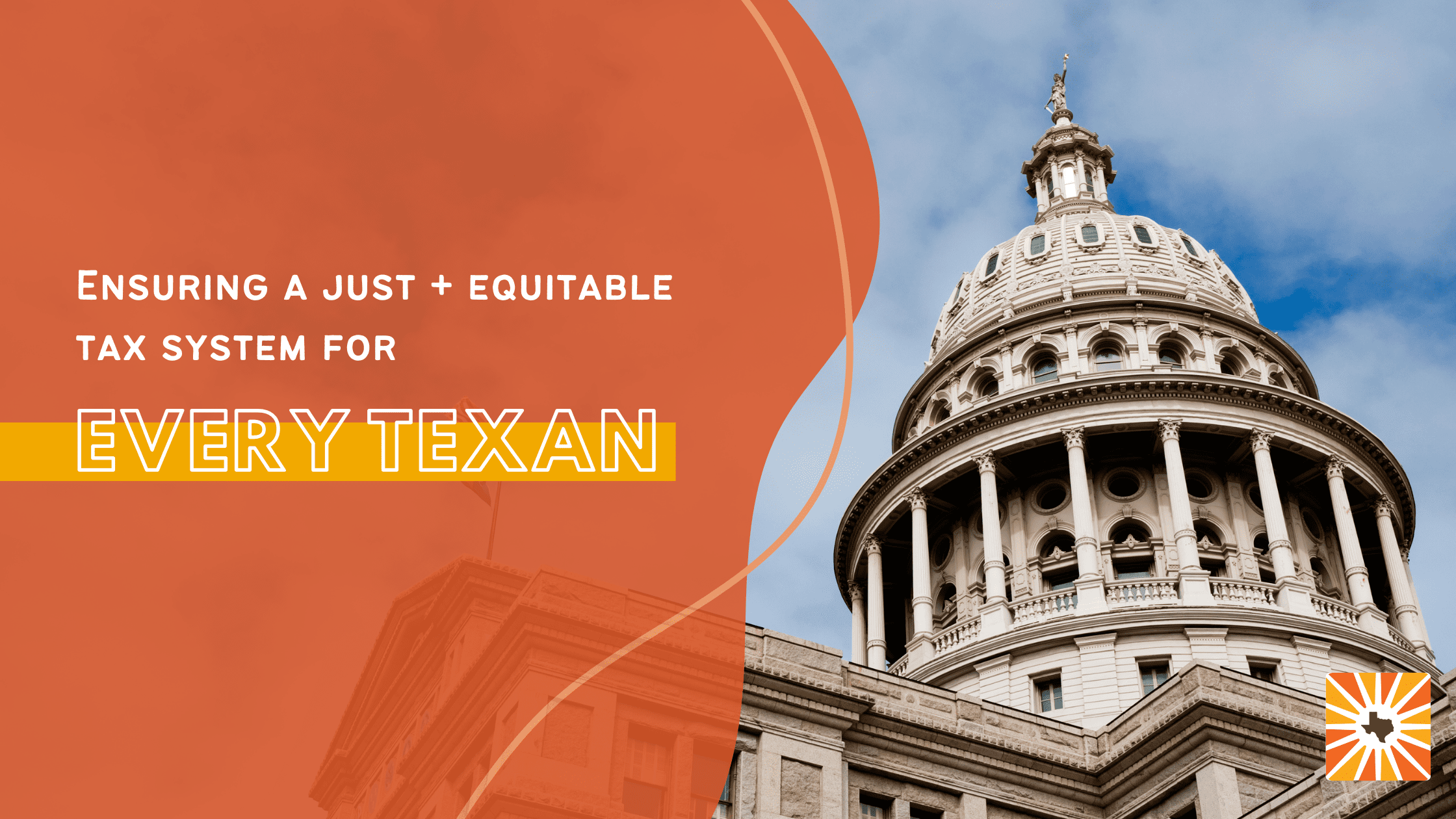Every Texan is an independent research organization that, for 40 years, has advocated for public policy for better access to quality health care, food security, education, and good jobs for all Texans.
We have consistently believed that a flat-dollar homestead exemption is the most equitable way to cut property taxes for Texas homeowners. According to the Comptroller’s 2025 incidence study, the benefit of the homestead exemption is shared more equally by Texans across the income spectrum than other common ways of cutting property taxes, such as appraisal caps or rate compression. The Senate has already voted to raise the homestead exemption for all resident homeowners via SB 4. The additional increase for seniors and disabled Texans in SB 23 would bring their total exemption to $200,000.
Yet after repeated tax cuts in recent biennia, we do not believe more cuts are warranted. We are concerned by the wide gap between the House and Senate budgets on a number of items, including a $4.7 billion difference in public education funding. More money for tax cuts leaves less money for schools – as well as health care, infrastructure and other needs.
Many Texans–not just homeowners–are struggling with the cost of housing. While a homestead exemption provides relatively equitable benefits for those who qualify, it doesn’t help the 37% of Texans who rent. If policymakers believe more tax cuts are appropriate, we prefer more targeted, efficient ways to do so. A circuit breaker policy, for example, would limit property tax payments based on the household’s ability to pay. 30 states have implemented such a policy, which can be made available to renters or homeowners and finely tuned to optimize the costs and benefits.
Furthermore, we do not believe our wealthiest homeowners need more tax breaks. Not all senior homeowners are low-income. 18% of 65+ households (owners and renters) have annual incomes of $125,000 or more. Meanwhile, one-third of Texas’ 10.9 million households are cost-burdened, including half of under-65 renters and two-thirds of 65+ renters.
Finally, we are concerned about the extent to which the Legislature is counting on our unusually large, $24 billion carryover balance. Over the past 20 years, the average beginning balance before each legislative session has been about $3 billion. We caution the Legislature against relying on our temporary surplus to make permanent spending commitments. According to the Comptroller, sales tax revenue has cooled considerably. An economic downturn may be on the horizon, and Texas–with its reliance on trade and energy–may be disproportionately impacted by it.
Again, we appreciate the equitable approach to tax cuts. But we do not support more tax cuts in lieu of long-term investments that benefit all Texans.
